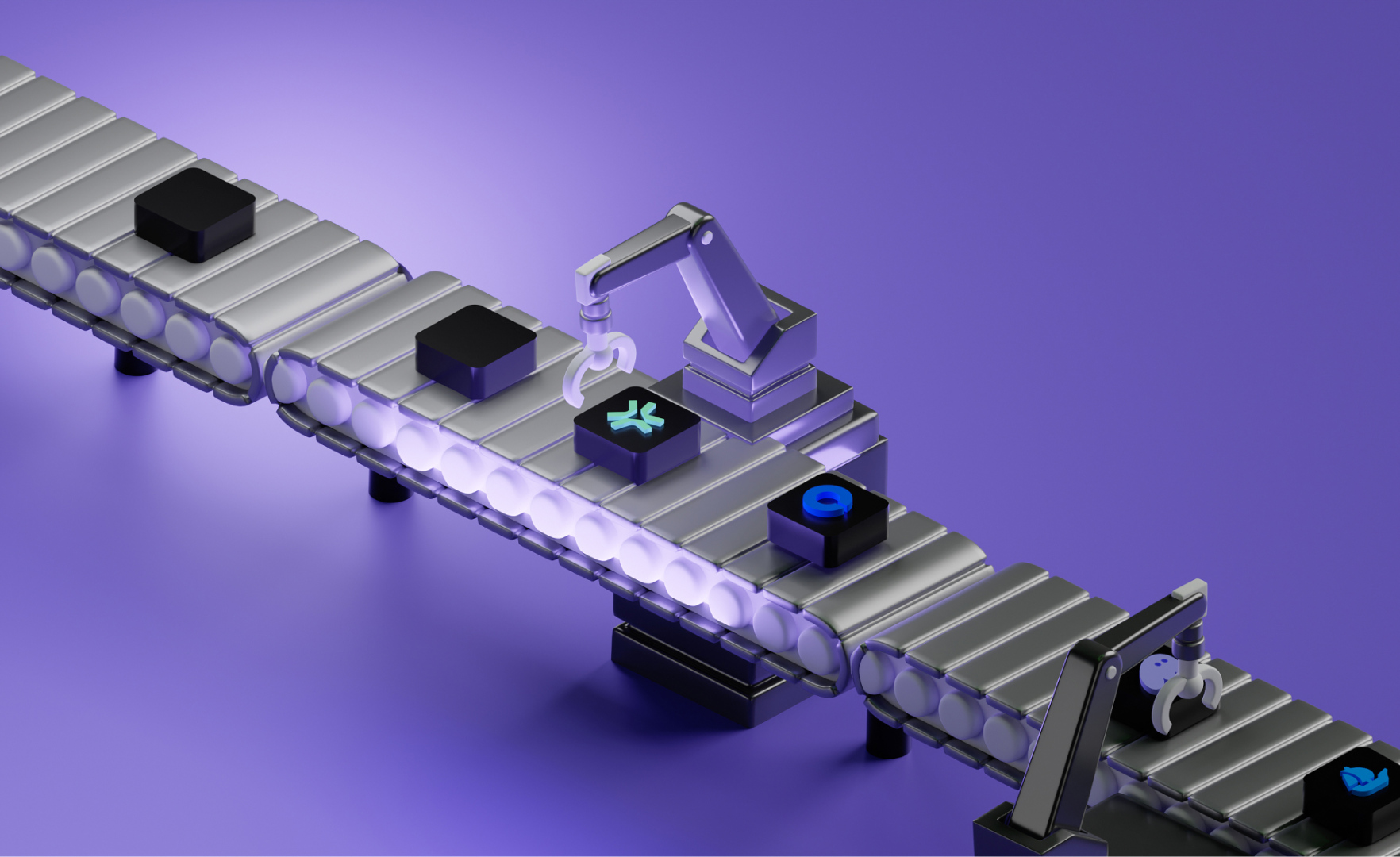Web3 Research

Rethinking Creator Economies: How to Bring Your Audience Onchain
From rented audiences to real ownership, the creator economy is shifting. This report explores how Web3 tools are helping creators build loyal communities, earn directly, and spark network effects. Curious how the flywheel spins? Here’s what’s working and still missing.

Tokenization is the New Trade Layer
Innovators always find gold in the cracks. Right now, traditional trade structures collapse and trust in institutions crumbles. The gaps of opportunity are wide open for blockchain rails as a new connectivity layer. This report analyses them and provides the frameworks and tools you need to identify untapped markets for tokenization that others may not yet see.
Tokenization Works: Where Founders Should Focus Now
From stablecoins and treasuries to tokenized IP, identity, and AI, billions in real-world assets are moving onchain. Some markets are already crowded. Others are only getting started. Guess what? Both present tremendous opportunities for Web3 founders as the world moves toward a 24/7, borderless financial operating system. Discover where it works today, where it’s heading next, and what to build before institutions take over.

Inside the Web3 Customer Mind – Design for Ego, not Wallets
Web3 consumers are real people driven by emotion and bias – just like other consumers. But what makes them different? And what do they share, if anything? Michal Moneta provides answers in this report. More importantly, he offers you the tools to identify what drives your specific user. He gives you step-by-step guides, templates, and examples on how to integrate that into your project design.

Token Launch Guide: Insights from 600+ Web3 Stakeholders
The token launch game has changed. Forget hype strategies to raise funds; today’s Web3 calls for sustainability, utility, and community buy-in to meet investor demand. Regulatory compliance issues hover above. The right strategy determines your project's future. Get insights from 600+ stakeholders, case studies, and hands-on testing on how to launch smarter, not louder, in 2025.

Crypto Apps for Consumers Are Here to Stay
Crypto consumer apps have everything they need to scale: a robust, scalable blockchain infrastructure, AI-enhanced UX, and real-world utility. This report identifies what's driving adoption and what's still missing. Who will win, and why? We've analyzed and tested the key players and real-world use cases to inspire your next move.

Onchain’s 39 Web3 Predictions for 2025
Finally, the AI boom is spilling over to crypto. It may seem like AI is the only relevant tech in 2025. If that’s so, you’ll wonder why NFTs and DeFi are the areas most invaded by the digital minions, and how. But as an entrepreneur, founder, or business you should look further. Our researchers and other experts forecast what’ll happen in DePIN, who will lead in crypto, what changes the U.S. election results will induce, and more.

Stablecoins: The Most Lucrative Business Onchain
Do stablecoins truly open remarkable conditions to enable business onchain? The answer is yes! But where lies their massive potential? And what differentiates them from other blockchain ventures? We went out to get answers and came back with this report, including practical insights for entrepreneurs. Follow us through the landscape as we explore the business opportunities. Get data to support decisions related to stablecoin integration or protocol building.
The Business Case for Decentralized Social Media and Why It Matters Now
Centralized social media behemoths are seducing Web3 lovers with jazzy features for now. However, the business landscape will shift as DeSoc closes in on Facebook, X, and their traditional rivals. What does this mean for creators, entrepreneurs, and businesses? This report provides data-driven insights and strategic recommendations on the business potential and real-world impact of DeSoc.